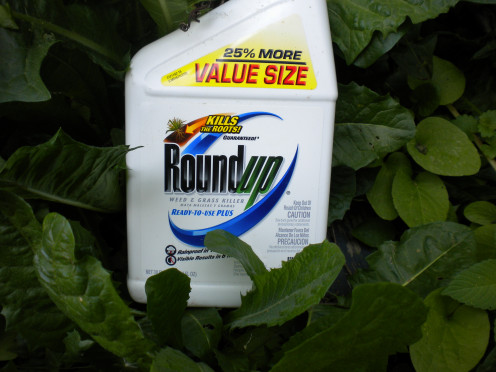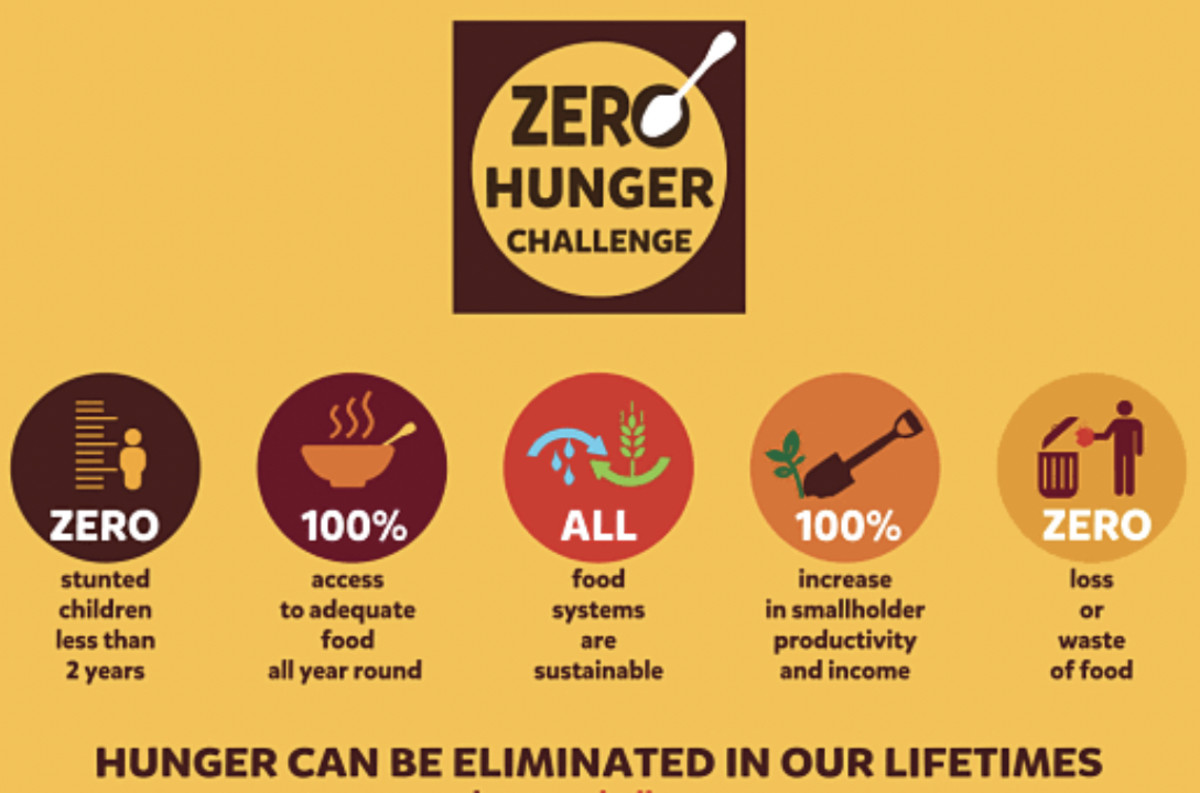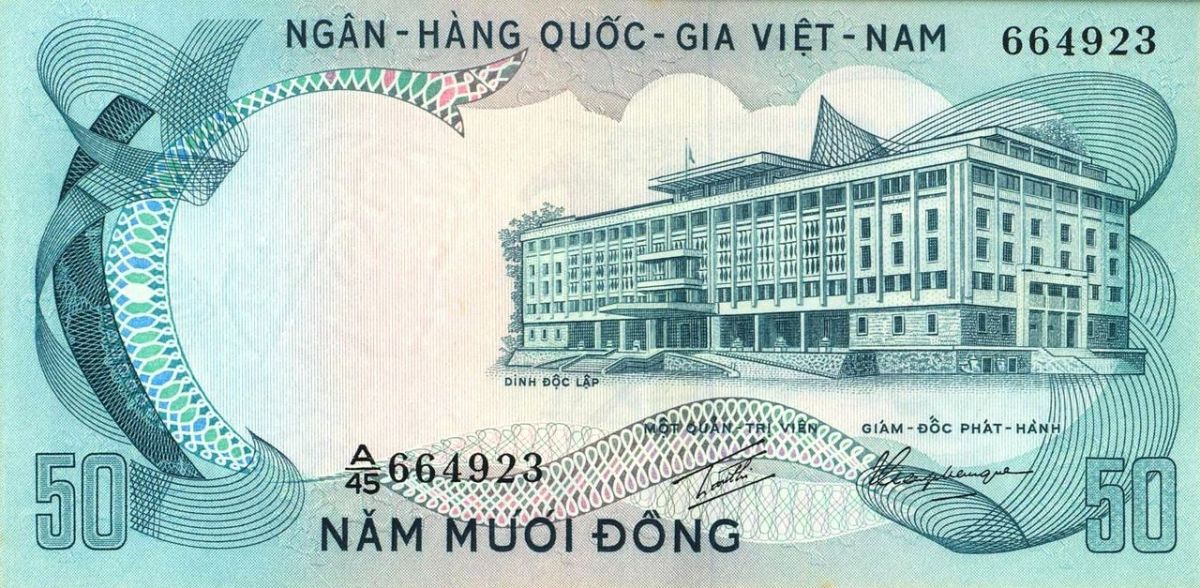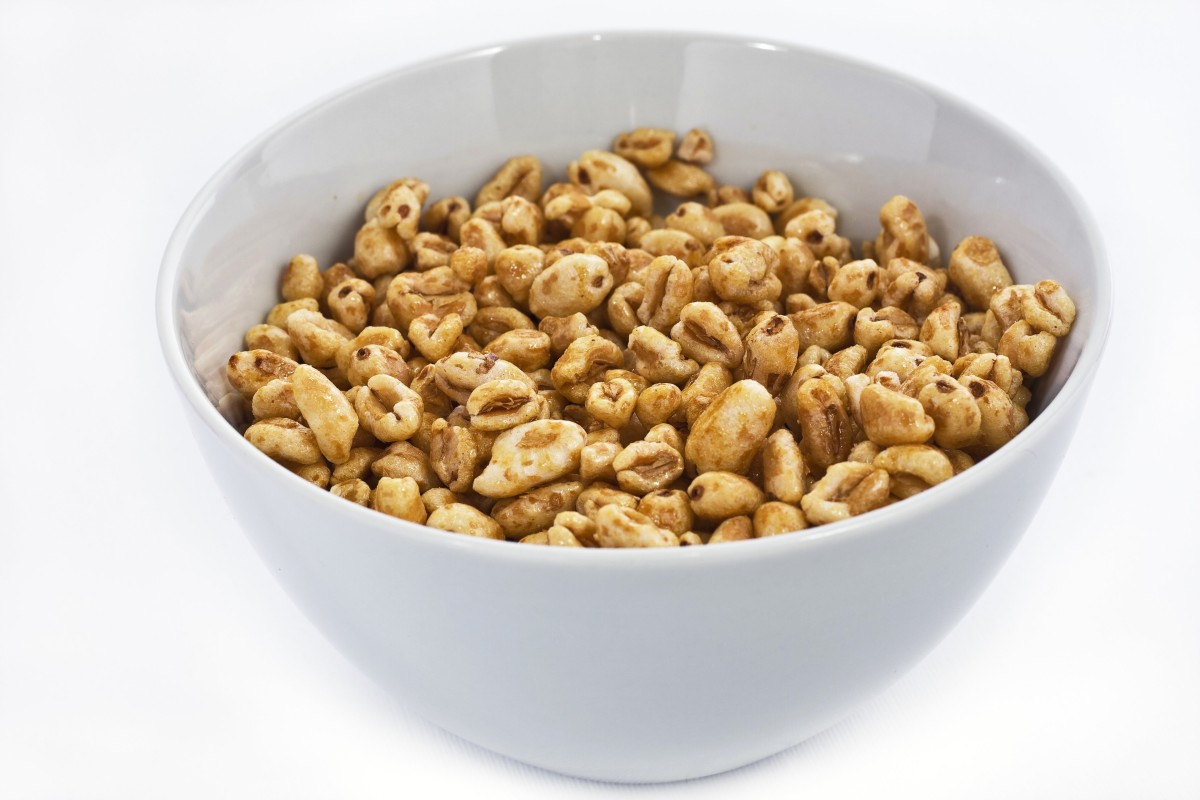Monsanto, GMO and the World's Food
The beginning...
Once upon a time in 1901 in St. Louis, Missouri, a company was started by 30-year pharmaceutical veteran, John Francis Queeny. He gave it his wife's maiden name of Monsanto. Interestingly enough, its first product was the artificial sweetener saccharin, which was sold to the Coca-Cola Company. Later in the 1920's Monsanto expanded into industrial chemicals such as sulfuric acid and PCB's. In the 1940's it lead in the manufacturing of polystyrene and synthetic fibers. In 1946 they developed "All" detergent. In this decade they were very involved in the Manhattan Project and the development of the first nuclear weapons. Monsanto began manufacturing DDT in 1944. In the 1960's and 1970's Monsanto was one of the most important producers of Agent Orange used by the military in Vietnam.
In 1982 Monsanto was the first to genetically modify a plant cell. Monsanto conducted the first field tests of genetically engineered crops five years later. In 1994 the recombinant version of somatotropin was introduced, brand name Prosilac.
What is really shocking and what people need to know, is who was and is behind Monsanto, and what is still the true agenda for GMO's.

Got Roundup?
According to Monsanto about Roundup, "The active ingredient, glyphosate, has favorable environmental characteristics such as low volatility and binds tightly to soil."
Glyphosate (N-(phosphonomethyl) glycine) is a broad-spectrum systemic herbicide used to kill weeds. Key word here is systemic, meaning it can't be washed off because it's inside the plant. The National Pesticide Information Center which is maintained by the University of Oregon states that "glyphosate kills by preventing the plant from making proteins needed for growth; it stops an enzyme pathway, the shikmic acid pathway, which is found only in plants and some microorganisms, therefore, glyphosate not only kills plants but also microorganisms."
Think you're buying organic?
So you think you're safe because the package says "organic"? Guess again. In 2005 Monsanto quietly purchased Seminis Seeds for $1.4 billion in cash. Some of the best-know gardening catalogs carry Seminis seeds (Burpee, Park Seed, John Scheeper, etc.). Added to the purchase of several smaller seed companies, Monsanto now has as estimated 40%-80% of the home vegetable seed market.
And remember that most important aspect of agriculture since time began, the one of the farmer saving seeds? Well, Monsanto has put a stop to that. Farmers are being forced to buy their seeds and then sign a patent agreement to not replant Monsanto seeds. Trouble is, Monsanto has a monopoly on seeds. Then the farmer is forced to use Roundup on their GM crop which kills everything else and creates a dead zone on their property.
This is not just happening to American farmers but it is a global nightmare. Agriculture in many countries-especially the small one-has been destroyed.
Monsanto's Washington connection...
Monsanto couldn't accomplish what it has without inside support. There is a revolving door at Monsanto and it is kept turning thanks to friendly administrations.
Michael Taylor, former Monsanto Vice President, is now the FDA Deputy Commissioner for Foods.
Roger Beachy, former director of the Monsanto-funded Danforth Plant Science Center, is now the director of the USDA National Institute of Food and Agriculture.
Rajiv Shah, former agricultural-development director for the pro-biotech Gates Foundation (a frequent Monsanto partner), served as Obama's USDA Under Secretary for Research Education and Economics and Chief Scientist and is now head of USAID.
Solicitor General Elena Kagan, who took Monsanto's side against organic farmers in the Roundup Ready alfalfa case, was nominated to the Supreme Court.
As president, Clinton put Monsanto executives in at the FDA, as US Agricultural Trade Representatives, and on International Biotechnology Consultive Forums to name a few.
Monsanto owned Nutrasweet during the Clinton Administration. Nutrasweet is the commercial name for aspartame, a neurotoxin.
.
Additional Reading
- Glyphosate is already in our food, air, and water: What is it and why should we care? | Real Food Ho
Real Food Houston - Promoting real, healthy food in the Houston area and beyond - Monsanto's Roundup herbicide found to destroy testosterone, male fertility
A recent study published in the Journal of Toxicology in Vitro has found that, even at very low levels, Monsanto's herbicide formula Roundup destroys testosterone and ultimately leads to male infertility. - Monsanto's Harvest of Fear | Politics | Vanity Fair
Monsanto already dominates America’s food chain with its genetically modified seeds. Now it has targeted milk production. Just as frightening as the corporation’s tactics–ruthless legal battles against small farmers–is its decades-long history of tox - » 5 Million Farmers Sue Monsanto for $7.7 Billion Alex Jones' Infowars: There&
The practice of using renewal seeds dates back to ancient times, but Monsanto seeks to collect massive royalties and put an end to the practice. - Most Dishonest, Least Transparent Company Monsanto Claims ‘Integrity’ and &#
Monsanto recently published the company’s “2011 Corporate Social Responsibility and Sustainability Report” to further the illusion it is actually improving agriculture and sustainability, and by extension, helping humanity and our environment. - Bill Gates, Monsanto, and eugenics: How one of the world's wealthiest men is actively promoting a co
After it was exposed that the Bill & Melinda Gates Foundation, the philanthropic brainchild of Microsoft founder Bill Gates, purchased 500,000 shares in Monsanto back in 2010 valued at more than $23 million, it became abundantly clear that this s
Did you know?
Over the past century, global water supplies have been contaminated with the full gamut of Monsanto's chemicals, including PCBs, dioxin and glyophosate (Roundup). So now the company, seeing a profitable market niche, is taking control of the public water resources they polluted, filtering it, and selling it back to the people. In short, Monsanto is making a double profit by polluting the world's scarce freshwater resources, privately taking ownership of that water, filtering it, and selling it back to those who can afford to pay for it. Organic Consumers Organization
Most Americans know Monsanto because of what it sells to put on our lawns— the ubiquitous weed killer Roundup. What they may not know is that the company now profoundly influences—and one day may virtually control—what we put on our tables. For most of its history Monsanto was a chemical giant, producing some of the most toxic substances ever created, residues from which have left us with some of the most polluted sites on earth. Yet in a little more than a decade, the company has sought to shed its polluted past and morph into something much different and more far-reaching—an “agricultural company” dedicated to making the world “a better place for future generations.” Still, more than one Web log claims to see similarities between Monsanto and the fictional company “U-North” in the movie Michael Clayton, an agribusiness giant accused in a multibillion-dollar lawsuit of selling an herbicide that causes cancer. Donald L. Barlett and James B. Steele
In conclusion...
This hub is just the tip of the iceberg as far as information goes. Each and every one of us needs to research about what is going on with our food. Don't just assume that because a product says "natural" or "organic" that is actually is. Learn what companies are connected to Monsanto, DuPont, etc. Do your homework.
Please be aware that I know there are those who just plain don't care. And, there are others that believe that the government is our friend and can be trusted, the economy is re-bounding, our president is trust-worthy (sorry you Obama fans), and everything is going to be O.K. I just want make sure you won't be able to ever say "I didn't know."








